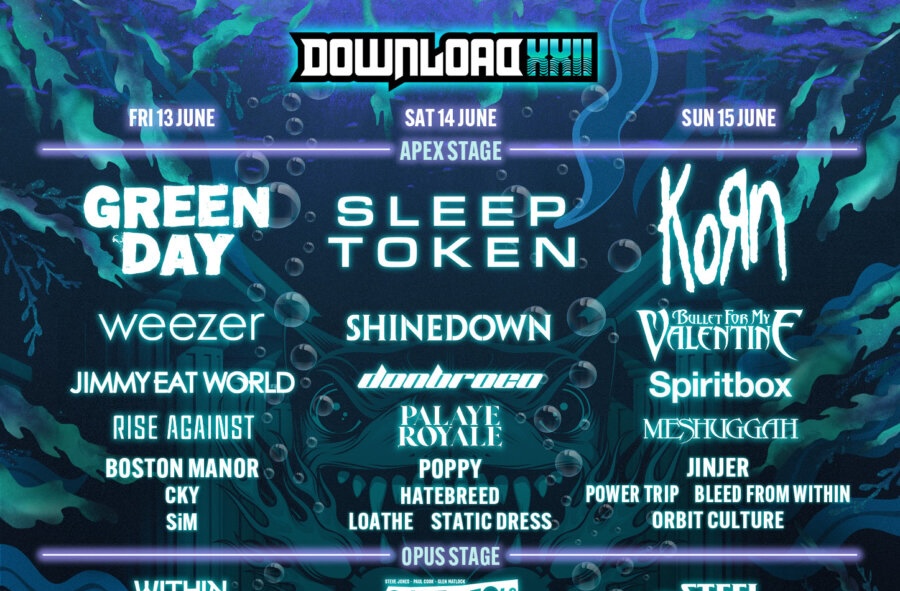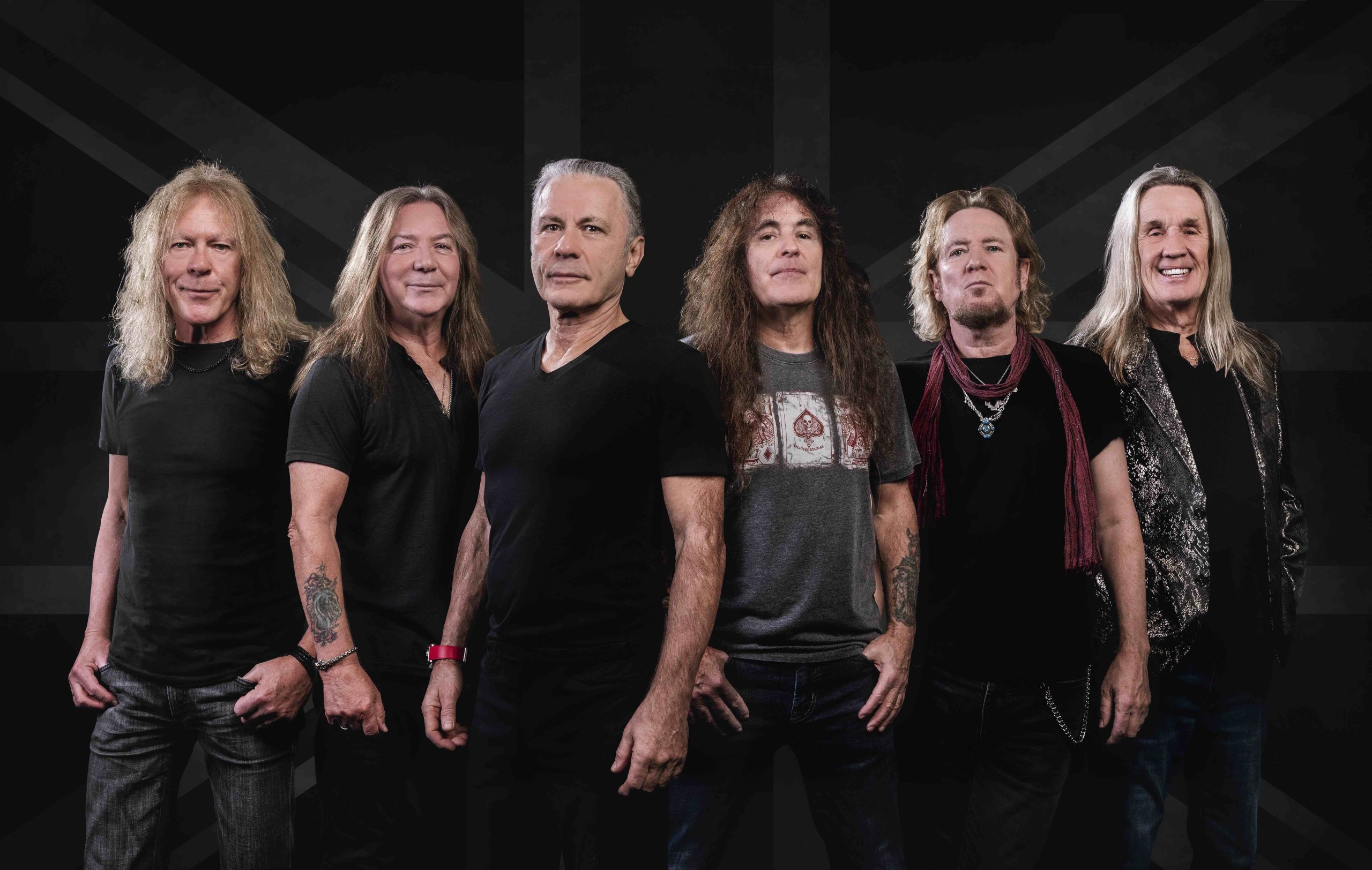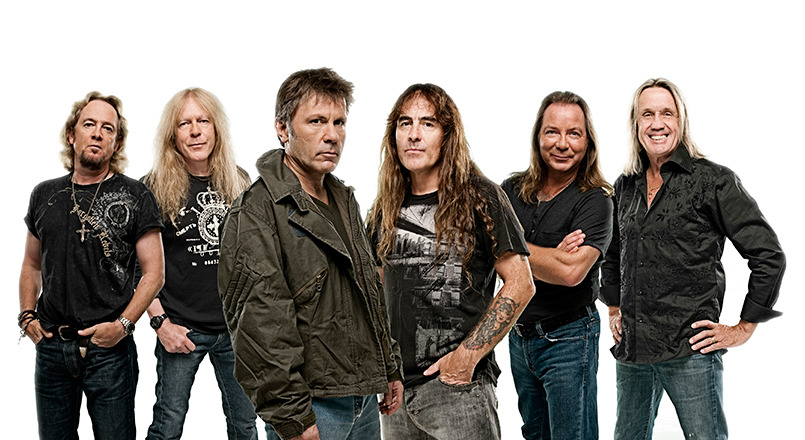
As they prepare to return to Donington once again for this weekend’s Download Festival, we’re here to bring you up to speed on all things Iron Maiden with our “Starter Pack” feature. From their formation to world-conquering, metal pioneers, we’ve got all the need-to-know details on the history of Maiden and more.
Who Are Iron Maiden?
Iron Maiden was born on Christmas Day 1975, but took three years to record a demo that would eventually be pressed and released as ‘The Soundhouse Tapes’. All 5000 copies sold out in a few weeks, resulting in Steve Harris, Dave Murray and their then colleagues securing a manager in Rod Smallwood and a major label record deal.
By April 1980, riding high on the New Wave Of British Heavy Metal, the Londoners were soon delivering the goods – their eponymous debut crashing the UK album charts at number 4. On tracks like the epic ‘Phantom of the Opera’ Harris was setting the bar high, establishing Maiden as the act to follow, not only in sound but also in marketing, the stunning artwork the first step to establishing the Iron Maiden brand.
For the first half of the 1980s, Maiden was unstoppable, producing an album a year until 1984. Guitarist Adrian Smith joined the band before recording 1981’s ‘Killers’, while Bruce Dickinson entered prior to their first UK number one, the game changing ‘The Number of the Beast’. He replaced vocalist Paul Di’Anno, whose erratic behaviour and raspy voice would prove the singer’s downfall; his hard rock tropes too limited for the direction Harris’ song-writing would take. With Nicko McBrain replacing drummer Clive Burr after the supporting tour, the classic line up was in place and world domination ahead.
The album/tour/album cycle culminated in one of the finest live albums ever in 1985’s ‘Live After Death. It documents the seemingly endless World Slavery Tour following 1984’s Powerslave and 1983’s ‘Piece of Mind’; the tour went on so long that Dickinson threatened to quit if they didn’t have a few months off. However, the break was short lived, as they were soon back in the studio for ‘Somewhere In Time, on which they controversially added synthesised elements to their signature sound; something further explored on 1988’s conceptual ‘Seventh Son of a Seventh Son’. Both albums were warmly received by critics and fans; the latter providing another UK number one. The supporting tour culminated in their first headline performance at Donington for the Monsters of Rock festival, which was marred by the death of two fans during Guns n Roses’ set.
The 1990s were a far more troubled period, with Smith leaving before ‘No Prayer for the Dying’; he was distinctly unhappy (and rightly so!) with the stripped down direction the band was taking. How ironic that the awful ‘Bring Your Daughter…’ gave them their first number one single. With Dickinson also quitting after
1992’s ‘Fear of the Dark’, which had recovered some lost pride, Blaze Bayley from one time support act Wolfsbane would find himself in the hot seat. His deeper voice added a darker edge to the competent ‘X Factor’ but his limitations were soon evident on 1998’s disappointing ‘Virtual XI’, and in the live arena many of Bruce’s songs proved too challenging for Bayley’s natural register. In January 1999 at the suggestion of manager Smallwood, Dickinson and Smith were both approached to rejoin the band.
From the opening chords of ‘The Wicker Man’ on 2000’s ‘Brave New World’ it Is clearly a band reinvigorated, now boasting three guitars with Smith, Murray and Janick Gers and a return to more complex compositions. Maiden were back and would go from strength to strength, with both ‘Dance of Death’ and ‘A Matter of Life and Death’, from 2003 and 2007 respectively, being well received. As their songs got longer and more complex, so did the tours, visiting ever more exotic locations, with Dickinson at the controls of their own plane, Ed Force One. The ‘Flight 666’ movie of their 2008 ‘Somewhere Back in Time Tour’ makes for compelling viewing, giving rare insight into the logistics of a world tour and the band’s dynamic, taking in places like India, Colombia and Costa Rica.
It is testament to their talent and enduring appeal that their 15th studio album, 2010’s ‘The Final Frontier’ would go to number one in 28 different countries and result in a Grammy for single ‘El Dorado. It would’ve been no surprise if Iron Maiden had decided to call it a day, but with another greatest hits album, ‘From Fear to Eternity’, and more live releases they kept on touring. Their headline performance at Download in 2013 was their fifth at Donington, 25 years after 1988’s infamous occasion.
2016 finds Iron Maiden touring the world once again, and with another Donington headliner lined up. Last year’s ‘Book of Souls’ proved that despite Dickinson’s brush with cancer, Maiden marches inexorably on, the longest album of their career not only providing yet another UK number one but holding up in comparison to their work from the eighties. Whether or not it is their swan song remains to be seen, but for the moment, it’s business as usual for their enduring brand of metal.
It’s been 40 plus years since that Christmas Day in Steve Harris’ living room, but his brainchild has gone on to sell over 90 million albums and massive amounts of merchandise to become one of the most recognised bands and brands in the world, creating a legacy that makes them one of the most important forces in the history of rock music. Creeper’s Will Gould sums it up perfectly; “Iron Maiden paved the way for bands taking their fans on a journey….so many bands wouldn’t have had the inspiration to think bigger…. Iron Maiden has always pushed the boundary of what it means to be a band and create a lasting legacy.”
 The Essential Album: ‘The Number of the Beast’
The Essential Album: ‘The Number of the Beast’
With the replacement of vocalist Paul DiAnno and the songwriting having moved up a level, ‘The Number of the Beast’ was the sound of a band becoming a genuine heavy metal tour de force, catapulting Iron Maiden to the top of the UK charts.
Despite the weak opener of ‘Invaders’ and the inclusion of pub rocker ‘Gangland’ over ‘Total Eclipse’ (later featured on re-issues), Beast is packed with killer material. Six of the original eight tracks went on to become live staples and bona fide classics. Whether it’s the brilliant arrangement of ‘Children of the Damned’, the masterpiece of rhythms and riffs on ’22 Acacia Avenue’, or the hook filled choruses of ‘The Prisoner’, Run to the Hills and the nightmare inspired title track, the songs are quite simply different class. Take the epic ‘Hallowed Be Thy Name, its tempo shifts and subtle complexities set a new standard in songwriting. Arguably the band’s finest moment, it closes the album in superb style, slowly unfolding like the tensest of dramas.
It is no surprise that ‘Number of the Beast’ is among the greatest albums of all time, it’s a genuine classic that created a template by which future Metal albums would be judged.
 The Die-hard Fans Album: ‘Iron Maiden’
The Die-hard Fans Album: ‘Iron Maiden’
It’s difficult to pick a die-hard fans’ album from their extensive catalogue, but Maiden’s self-titled debut swings it. Featuring some of their most classic tracks, it boasts a raw energy honed to perfection by five long years on the London pub circuit; some people even prefer Di’Anno’s rough edged vocals.
Besides classics like the bassy ‘Running Free’, exploring life on the wrong side of the law, and the eternal set closing title track, there is something quite daring about ‘Iron Maiden’ as Harris, Murray et al explore their creativity, pushing forward, reworking classic ideas whilst incorporating new.
From the sinister rock riffing that opens the murderous ‘Prowler’ through the rough and ready, almost punky, ‘Sanctuary’, power ballad ‘Remember Tomorrow’, the ‘Transylvania’ instrumental and the epically atmospheric ‘Strange World’, you get a talented band at their exciting energetic best. Even the slightly clumsy ‘Charlotte the Harlot’ boasts a sublime midsection.
However, the most startling example of Maiden at their creative peak comes on the monumental ‘Phantom of the Opera’. A seven minute lesson in songwriting as the intricacies of the guitars ebb and flow with menace, Phantom helped ‘Iron Maiden’ become one of the finest debuts in Heavy Metal history. Classic.
 One to Avoid: ‘No Prayer for the Dying’
One to Avoid: ‘No Prayer for the Dying’
After seven classic albums, the creative juices eventually had to run dry and ‘No Prayer for the Dying is the sound of the band pushing the self-destruct button. It looks and sounds like Maiden, but it’s like they decided to give the tribute band a shot.
From the open verses of Tailgunner they are just not trying; Bruce’s familiar operatic voice is half-hearted and the track is a pale imitation of Aces High. In fact, the entire album is a pale imitation, resorting to over used clichés on tracks like ‘Holy Smoke’ and ‘Hooks in You’, seemingly forgetting how to arrange a power ballad on the title track, and to be frank, tracks like ‘The Assassin and the stunningly awful ‘Bring Your Daughter…’ are so bad it’s funny.
Every track keeps it simple and weighs in at similar length as they go through the motions to produce the minimum. Only closer Mother Russia breaks the five minute mark to attempt something grandiose, but it’s left wanting.
Instead of sounding like stripped down back to metal basics, it’s like a band working its notice, they sound like a caricature of themselves and it just goes to show that even great bands lose their way sometimes.
Essential Playlist
If Eternity Should Fail
Prowler
The Wicker Man
22 Acacia Avenue
Revelations
Powerslave
Hallowed Be Thy Name
Churchill’s Speech/Aces High
Women In Uniform
The Evil That Men Do
Stranger in a Strange Land
Fear of the Dark
The Reincarnation of Benjamin Breeg
The Flight of Icarus
Paschendale
The Trooper
The Number of the Beast
Phantom of the Opera
Iron Maiden links: Website|Facebook|Twitter|Instagram|Spotify
Download Festival links: Website|Facebook|Twitter|YouTube
View more of Already Heard’s coverage of Download Festival 2016 here.
Words by Edward Layland (@EdwardLayland)

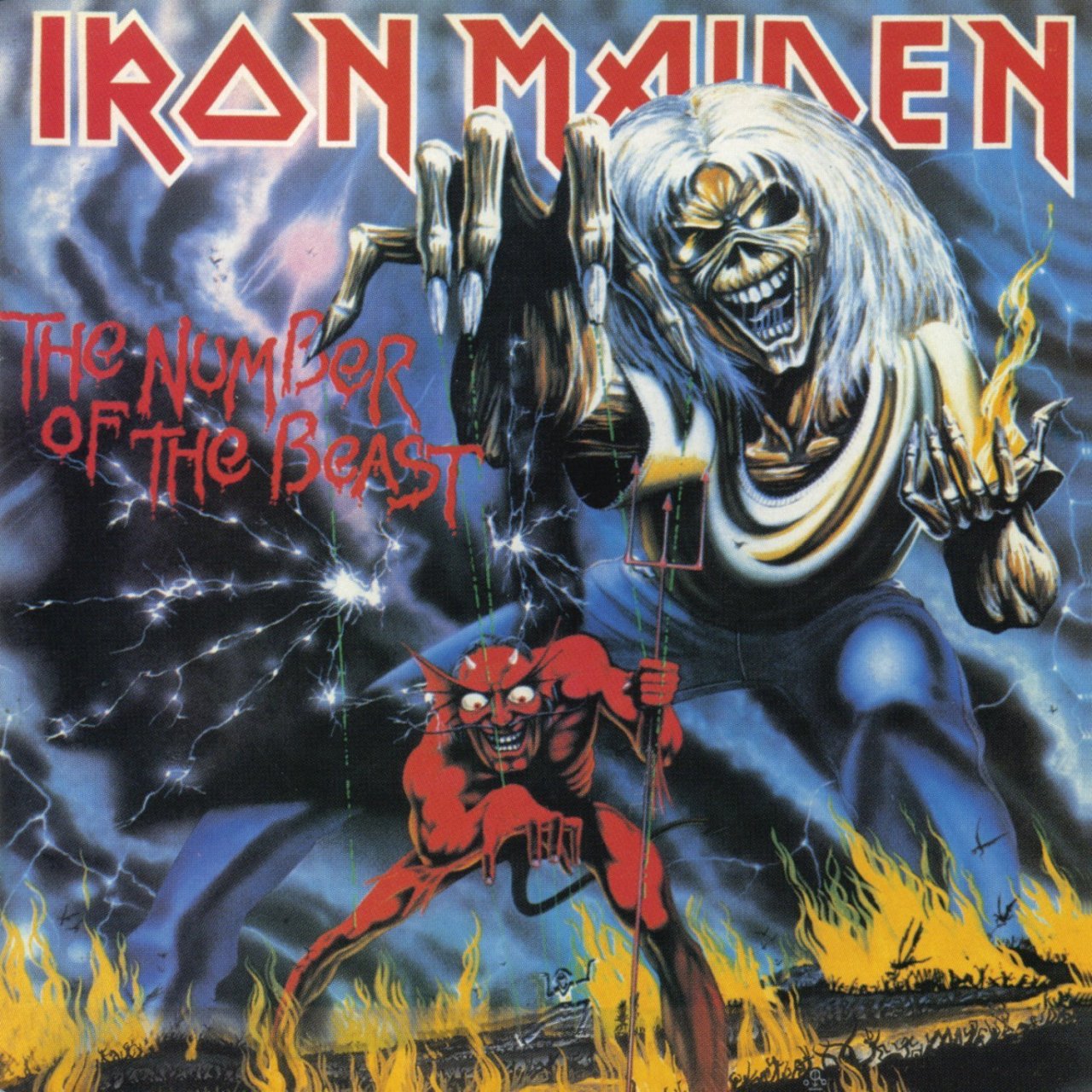 The Essential Album: ‘The Number of the Beast’
The Essential Album: ‘The Number of the Beast’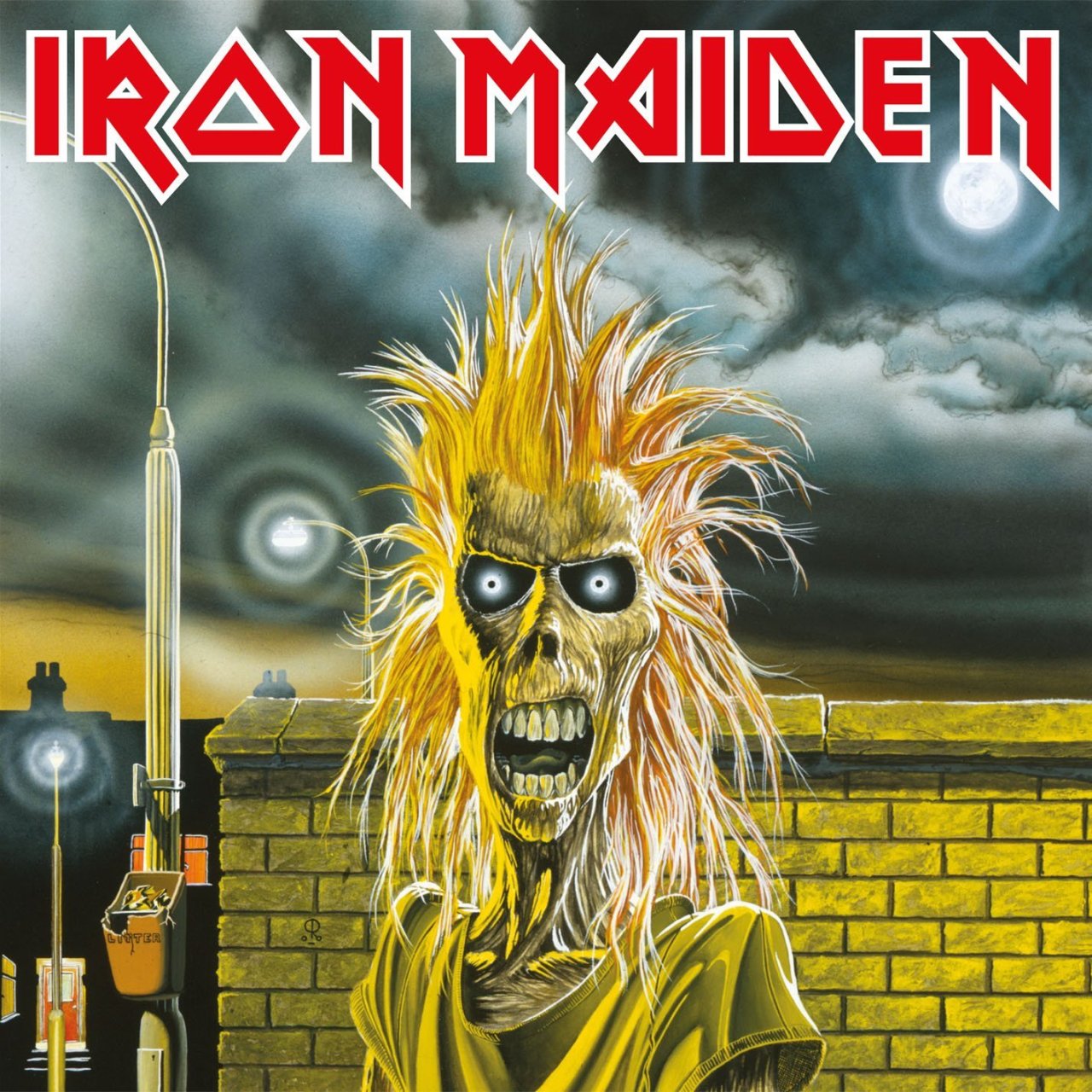 The Die-hard Fans Album: ‘Iron Maiden’
The Die-hard Fans Album: ‘Iron Maiden’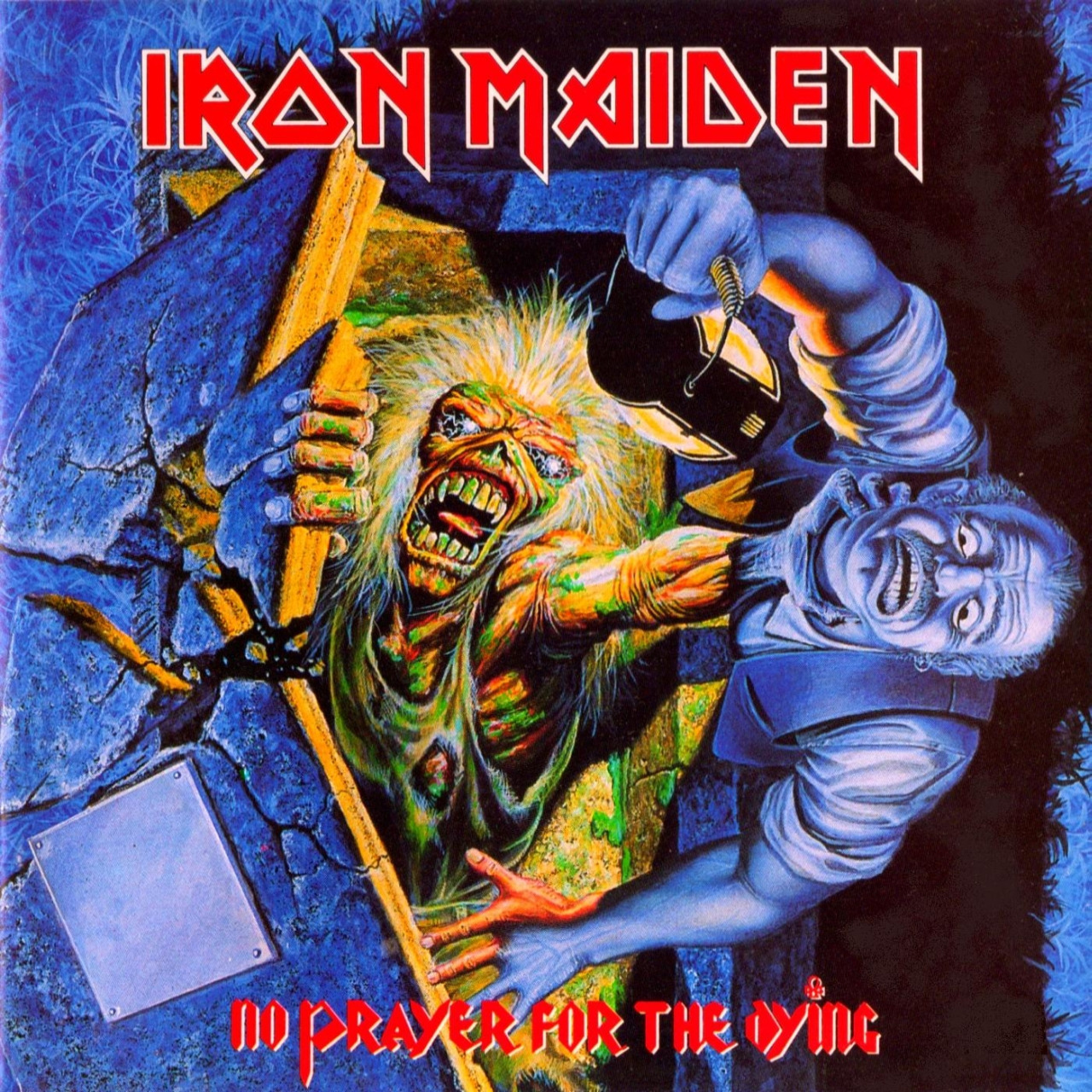 One to Avoid: ‘No Prayer for the Dying’
One to Avoid: ‘No Prayer for the Dying’